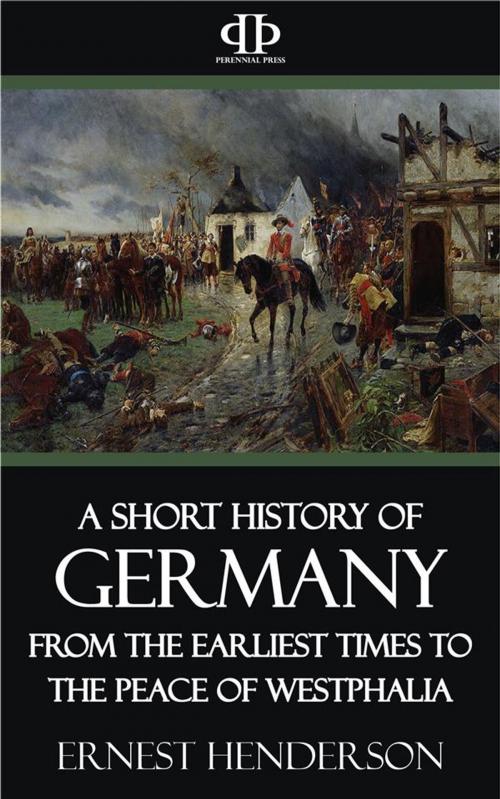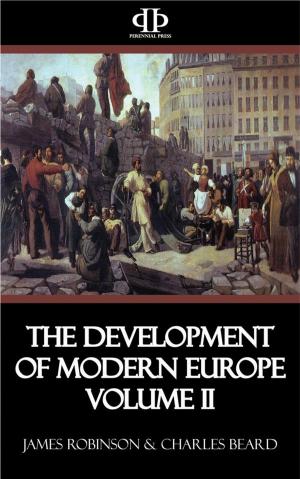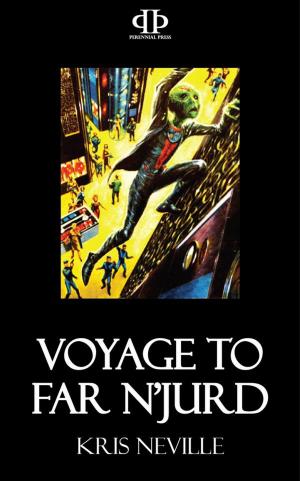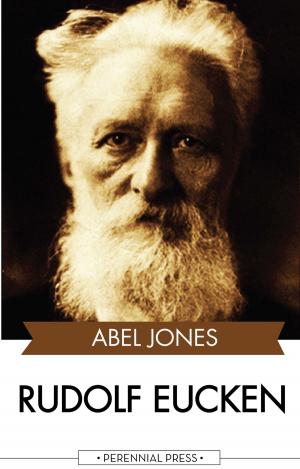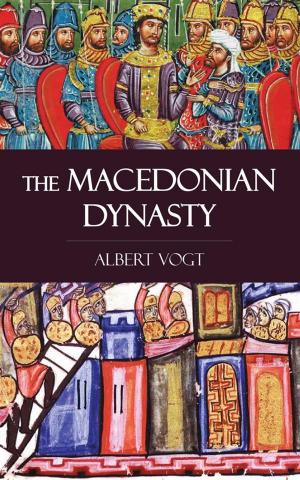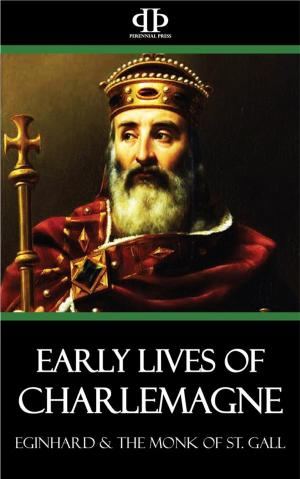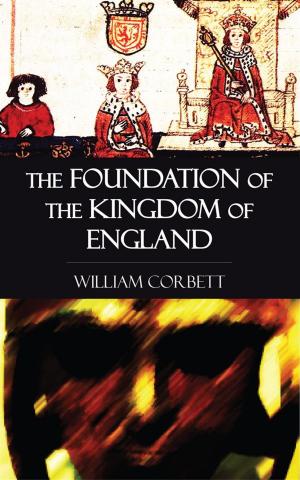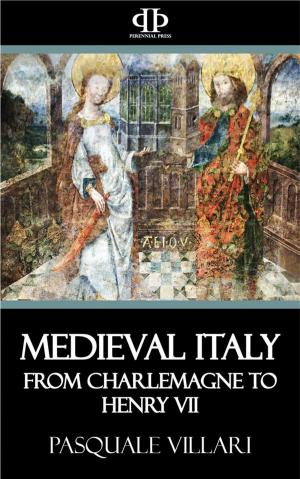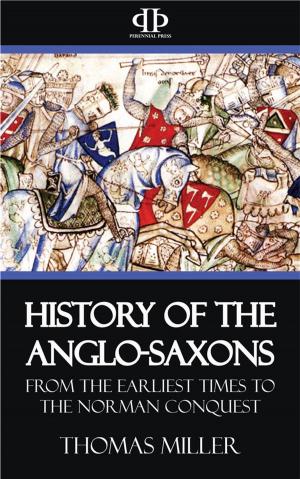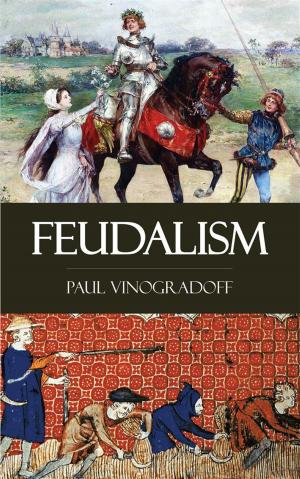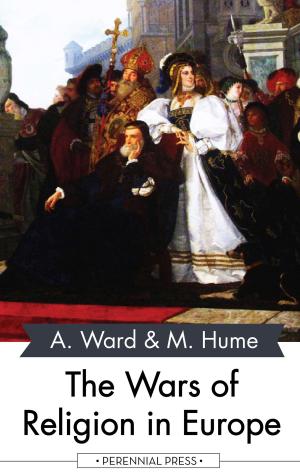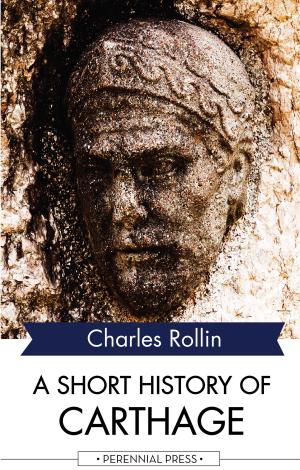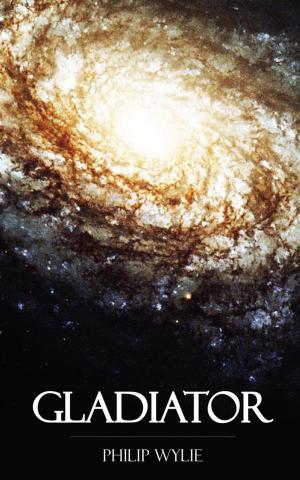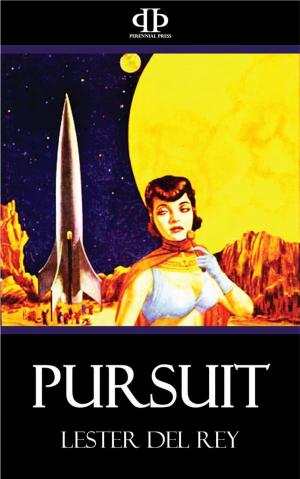A Short History of Germany - From the Earliest Times to the Peace of Westphalia
Nonfiction, Travel, Europe, Germany, History| Author: | Ernest Henderson | ISBN: | 9781518318962 |
| Publisher: | Perennial Press | Publication: | November 27, 2015 |
| Imprint: | Language: | English |
| Author: | Ernest Henderson |
| ISBN: | 9781518318962 |
| Publisher: | Perennial Press |
| Publication: | November 27, 2015 |
| Imprint: | |
| Language: | English |
GERMANY stands in the centre of Europe, and on her soil all the great international struggles have been fought, – the Thirty Years' War, the early campaigns of the Spanish Succession War, the Seven Years' War, the gigantic wars against Napoleon. It is the custom for modern educators to recommend the study of the history of France as a guiding thread through the intricacies of general European history; but is this choice justifiable? The two great, omnipresent factors of the whole mediæval period are the Papacy and the Empire; the Empire was German from the ninth to the nineteenth century, – from the days of Charlemagne until the days of Francis II., – and the Empire interfered in the affairs of the Papacy and of Italy far more than did France. When we come to the period of the Reformation, surely Luther and his kind were more prominent than the. French reformers, and the Emperor Charles V. had more to do with the affairs of Europe than any of the French kings. In the Thirty Years' War, larger interests were at stake than in the Huguenot struggles, and the German Peace of Westphalia necessitated a recasting of the whole map of Europe. Louis XIV., it is true, gave the tone to the high society of his age, and French was almost universally spoken and written at the German courts; but this influence was neither very deep nor very beneficial. Nor can it be denied that the French Revolution produced great results for Europe. Yet its effects, as far as Germany was concerned, have been overrated; the liberation of the serfs would probably have been accomplished without it, while constitutional government, popular representation, and trial by jury had still to wait for half a century...
GERMANY stands in the centre of Europe, and on her soil all the great international struggles have been fought, – the Thirty Years' War, the early campaigns of the Spanish Succession War, the Seven Years' War, the gigantic wars against Napoleon. It is the custom for modern educators to recommend the study of the history of France as a guiding thread through the intricacies of general European history; but is this choice justifiable? The two great, omnipresent factors of the whole mediæval period are the Papacy and the Empire; the Empire was German from the ninth to the nineteenth century, – from the days of Charlemagne until the days of Francis II., – and the Empire interfered in the affairs of the Papacy and of Italy far more than did France. When we come to the period of the Reformation, surely Luther and his kind were more prominent than the. French reformers, and the Emperor Charles V. had more to do with the affairs of Europe than any of the French kings. In the Thirty Years' War, larger interests were at stake than in the Huguenot struggles, and the German Peace of Westphalia necessitated a recasting of the whole map of Europe. Louis XIV., it is true, gave the tone to the high society of his age, and French was almost universally spoken and written at the German courts; but this influence was neither very deep nor very beneficial. Nor can it be denied that the French Revolution produced great results for Europe. Yet its effects, as far as Germany was concerned, have been overrated; the liberation of the serfs would probably have been accomplished without it, while constitutional government, popular representation, and trial by jury had still to wait for half a century...
